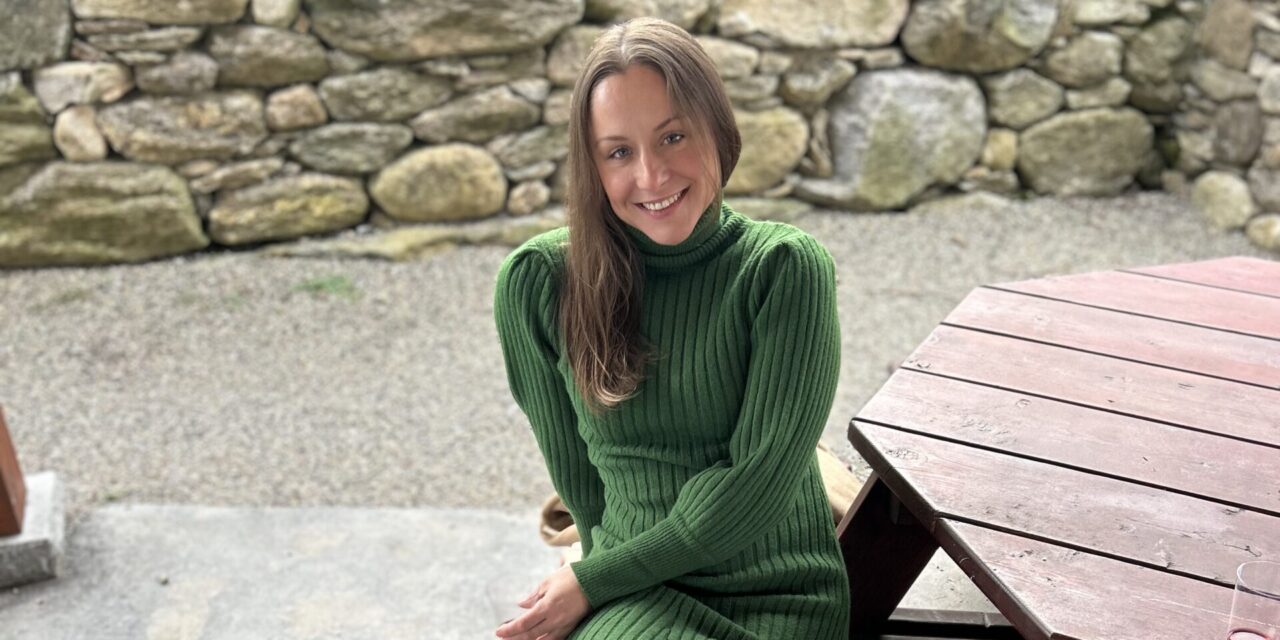Shannon Csapilla is a Wealth Management Client Associate at Merrill Lynch in Stamford, Connecticut. With a background in economics and mortgage administration, she has built a strong foundation in financial services, specializing in wealth management, financial planning, and client relations. Shannon graduated from the University of Rhode Island in 2017 with a Bachelor’s Degree in Economics, after starting her education at Curry College where she made the Dean’s List. Her academic background in economics laid the groundwork for her career in finance.
Shannon began her professional journey in administrative roles, including her time as an Administrative Assistant at M&R Builders LLC, where she honed her organizational and multitasking skills. She later transitioned to mortgage administration, working as a Funding Authorizer and Closing Administrator at Luxury Mortgage Corp., where she managed mortgage transactions and ensured compliance with closing procedures.
In December 2022, Shannon Csapilla joined Merrill Lynch, where she assists clients in navigating their financial needs. Her role involves supporting clients with personalized investment strategies, retirement planning, and wealth management. Shannon is known for her attention to detail and her ability to cultivate strong relationships with clients by understanding their unique goals and offering tailored financial advice.
Shannon’s approach to wealth management emphasizes listening closely to client needs, staying adaptable in a rapidly changing financial landscape, and continuously learning to offer the best guidance. She is committed to helping her clients achieve financial security and success, while also aspiring to mentor others entering the finance industry, particularly women pursuing careers in wealth management.
Can you tell us a bit about your background and how you got started in finance?
I’ve always had an interest in economics and how financial systems work, which led me to study economics at the University of Rhode Island. After graduating, I started my career in administrative roles, which gave me great insight into business operations. My experience in mortgage administration at Luxury Mortgage Corp. really helped me understand the intricacies of financial transactions, which eventually led me to wealth management.
What drew you to wealth management specifically?
I was drawn to wealth management because of the personal connections you get to build with clients. Finance can be very personal, and helping people achieve their financial goals, whether it’s planning for retirement or investing for the future, is incredibly rewarding. I also love how dynamic the industry is—you’re always learning and adapting to market changes.
What has been the biggest challenge in your career so far?
The transition from mortgage administration to wealth management was challenging. It was like starting fresh in a new field. I had to quickly learn how to handle a wide variety of client needs, from investments to long-term planning. I took it one step at a time, sought advice from colleagues, and built my confidence along the way.
How do you stay motivated in such a fast-paced industry?
The motivation comes from knowing I’m making a real difference in my clients’ lives. When I help someone feel confident about their financial future, it’s incredibly fulfilling. Plus, I love the continuous learning aspect—there’s always something new happening in finance, and I enjoy staying on top of trends to better serve my clients.
How do you approach working with clients and building those relationships?
Listening is key. Every client has different goals, whether it’s saving for a child’s education or planning for retirement. I make sure to understand their specific situation before crafting a personalized financial plan. Building trust is essential, so I focus on being transparent and ensuring they feel confident in every step of the process.
What’s the most important lesson you’ve learned in your career?
Adaptability. The financial industry changes rapidly, and it’s crucial to be flexible. You need to be willing to adjust strategies and stay open to new ideas. The more you can pivot when needed, the more successful you’ll be in meeting your clients’ needs.
What advice would you give to someone starting a career in finance or wealth management?
Be patient and always keep learning. The industry is vast, and it can be overwhelming at first, but taking small steps and continuously seeking knowledge will help. Building relationships is just as important as understanding the technical side, so focus on being both knowledgeable and approachable.
What are your future goals in the industry?
I want to continue growing in wealth management, deepening my expertise in areas like retirement planning and sustainable investing. I’m also passionate about mentoring younger professionals, especially women in finance, to help them navigate their own career paths. I’d love to eventually take on a leadership role where I can contribute to strategic decisions within the firm.




